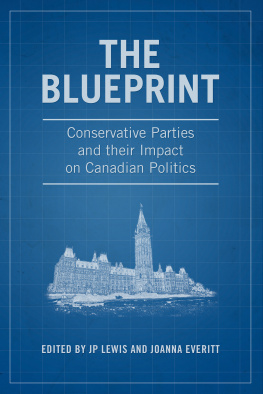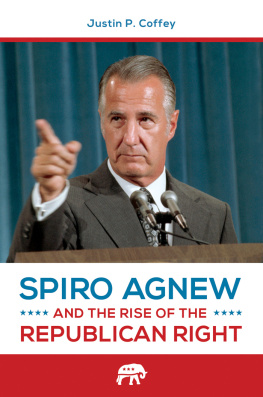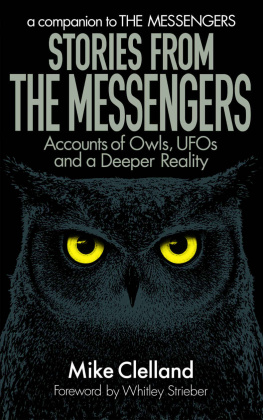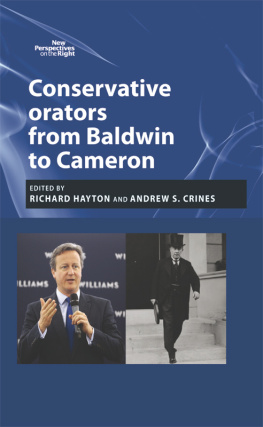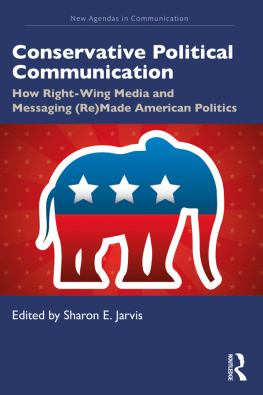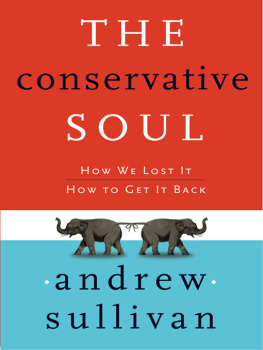Hemmer - MESSENGERS OF THE RIGHT: conservative media and the transformation of american politics
Here you can read online Hemmer - MESSENGERS OF THE RIGHT: conservative media and the transformation of american politics full text of the book (entire story) in english for free. Download pdf and epub, get meaning, cover and reviews about this ebook. year: 2016, publisher: University of Pennsylvania Press, Inc., genre: Politics. Description of the work, (preface) as well as reviews are available. Best literature library LitArk.com created for fans of good reading and offers a wide selection of genres:
Romance novel
Science fiction
Adventure
Detective
Science
History
Home and family
Prose
Art
Politics
Computer
Non-fiction
Religion
Business
Children
Humor
Choose a favorite category and find really read worthwhile books. Enjoy immersion in the world of imagination, feel the emotions of the characters or learn something new for yourself, make an fascinating discovery.

MESSENGERS OF THE RIGHT: conservative media and the transformation of american politics: summary, description and annotation
We offer to read an annotation, description, summary or preface (depends on what the author of the book "MESSENGERS OF THE RIGHT: conservative media and the transformation of american politics" wrote himself). If you haven't found the necessary information about the book — write in the comments, we will try to find it.
Hemmer: author's other books
Who wrote MESSENGERS OF THE RIGHT: conservative media and the transformation of american politics? Find out the surname, the name of the author of the book and a list of all author's works by series.
MESSENGERS OF THE RIGHT: conservative media and the transformation of american politics — read online for free the complete book (whole text) full work
Below is the text of the book, divided by pages. System saving the place of the last page read, allows you to conveniently read the book "MESSENGERS OF THE RIGHT: conservative media and the transformation of american politics" online for free, without having to search again every time where you left off. Put a bookmark, and you can go to the page where you finished reading at any time.
Font size:
Interval:
Bookmark:
 Messengers of the Right
Messengers of the Right
POLITICS AND CULTURE IN MODERN AMERICA
Series Editors:
Margot Canaday, Glenda Gilmore, Michael Kazin, Stephen Pitti, Thomas J. Sugrue
Volumes in the series narrate and analyze political and social change in the broadest dimensions from 1865 to the present, including ideas about the ways people have sought and wielded power in the public sphere and the language and institutions of politics at all levelslocal, national, and transnational. The series is motivated by a desire to reverse the fragmentation of modern U.S. history and to encourage synthetic perspectives on social movements and the state, on gender, race, and labor, and on intellectual history and popular culture.
 | Messengers of the Right |
Conservative Media and the
Transformation of American Politics
Nicole Hemmer

Copyright 2016 University of Pennsylvania Press
All rights reserved. Except for brief quotations used for purposes of review or scholarly citation, none of this book may be reproduced in any form by any means without written permission from the publisher.
Published by
University of Pennsylvania Press
Philadelphia, Pennsylvania 19104-4112
www.upenn.edu/pennpress
Printed in the United States of America on acid-free paper
10 9 8 7 6 5 4 3 2 1
A Cataloging-in-Publication record is available from the Library of Congress
ISBN 978-0-8122-4839-5
 For my dad
For my dad
 Contents
ContentsMy project this summer is to get you to vote for George Bush.
My fathers declaration, made one June day in 2004 as we were driving into town, did not surprise me. I was back in Indiana for my annual visit, and my dad and I had spent every day since my arrival wrangling over American politics: the war in Iraq, the marriage equality referenda, the impending election. Raised conservative, I had slowly slid to the left as my dad drifted further right. But that divergence ended up drawing us closer together. Political debate became the secret language of our relationship, the way we conveyed love, respect, disagreement, and admiration. So there was nothing extraordinary about an afternoon spent debating politics. Yet I remember every contour of that particular conversationthe conviction in my dads voice, the soft hum of traffic, the breeze stirring the Ohio Valleys stagnant summer airbecause of what he did next.
He turned on the radio.
Our conversation was replaced with the sound of the Rush Limbaugh Show, and then the Sean Hannity Show. Wherever we went that summer, the radio offered up a steady stream of conservative talk. I found it both grating and captivating, a heady mix of personality and passion and politics. During ad breaks we feasted on each segments arguments and insights, dissecting the surprisingly wide variety of philosophies and logics (and illogics) at play. In addition to engaging from my own adversarial perspective, I observed my dads response as a sympathetic listener. He absorbed some arguments, rejected others, and refashioned still others to fit with his life experiences. This dynamic interplay confounded the common stereotype of talk-radio listeners as sponges soaking up the hosts message. It was compelling stuff. And while it didnt change my vote, it did change my lifeand led to the book youre reading now.
Some months later, while skimming through back issues of the Nation magazine, I spotted an article called Hate Clubs of the Air. It began, Right-wing fanatics, casting doubt on the loyalty of every president of the United States since Herbert Hoover, are pounding the American people, this Presidential election year, with an unprecedented flood of radio and television propaganda. The articles existence refuted everything I thought I knew about conservative media. The long-accepted narrative said that the modern conservative movement started with intellectuals in the 1950s, took root in organizations in the 1960s and 1970s, and won political influence in the 1980s. Only then did a powerful and influential conservative media apparatus emerge, first in talk radio and then in cable news. Yet here was a liberal journalist disparaging right-wing radio and television in 1964. I had to find out more.
With this discovery, I made my way into the archives. There I uncovered a network of activism far broader and far more influential than I had expected. Beginning in the late 1940s and 1950s, activists working in media emerged as leaders of the conservative movement. Not only did they start an array of media enterprisespublishing houses, radio programs, magazines, book clubs, television showsthey built the movement. They coordinated rallies, founded organizations, ran political campaigns, and mobilized voters. From the archives they emerged as a distinct group that I call media activists, men and women (but mostly men) whose primary sites of activism were the media institutions they founded. While they disagreed profoundly on tactics and strategy, they shared a belief that political change stemmed not just from ideas but from the proper expression and diffusion of those ideas through ideological media sources. Unlike fellow conservatives who worked for mainstream periodicals and broadcasters, these media activists believed independence was vital to their workthat they needed to develop their own publishing houses, their own radio programs, their own magazines if they were going to truly change American politics.
This idea of conservative media activism no doubt resonates with anyone who has followed U.S. politics in the past few decades. Americans are accustomed to thinking of right-wing media as integral to contemporary conservatism. In 2009 Rush Limbaugh topped polls as the de facto leader of the Republican Party. Tea Party rallies in 2009 and 2010 featured Fox News personalities and popular radio hosts. But these well-known figures comprise the second generation of media activists. Messengers of the Right tells the story of the little-known first generation. It explains how conservative media became the institutional and organizational nexus of the movement, transforming audiences into activists and activists into a reliable voting base. It follows broadcaster Clarence Manion, book publisher Henry Regnery, and magazine publisher William Rusher as they evolved from frustrated outsiders in search of a platform into leaders of one of the most significant and successful political movements of the twentieth century.
Manions and Regnerys stories start in the 1930s. Both held positions within the New Dealpolitical conversions abound in Messengers of the Rightbut ultimately broke with the Roosevelt administration over foreign policy. In the meeting rooms of the America First Committee, these men spoke out against intervention and began building relationships that would launch their media careers. Regnery joined Human Events, founded by a number of former America Firsters in 1944 as the war began winding down. In 1947 he left to start his own publishing company. Manion remained in mainstream politics until 1954 when he was fired from the Eisenhower administration over his support of the Bricker Amendment (a national-sovereignty proposal). Both began using new media platforms to make arguments against the New Deal, the war, and containment, their independence rooted in the belief that there was a concerted effort by the mainstream media to block out conservative ideas. They criticized bipartisanship as well as what they saw as an ingrained liberal bias in media and the academy. Rusher remained part of Republican politics until the mid-1950s, when Eisenhowers censure of Joseph McCarthy convinced him that not even Republicans would take a tough enough stance against communism. Soon these media activists found themselves called to organize grassroots conservatives and to enter electoral politics. Originally intent on building mouthpieces, they ended up building a movement.
Next pageFont size:
Interval:
Bookmark:
Similar books «MESSENGERS OF THE RIGHT: conservative media and the transformation of american politics»
Look at similar books to MESSENGERS OF THE RIGHT: conservative media and the transformation of american politics. We have selected literature similar in name and meaning in the hope of providing readers with more options to find new, interesting, not yet read works.
Discussion, reviews of the book MESSENGERS OF THE RIGHT: conservative media and the transformation of american politics and just readers' own opinions. Leave your comments, write what you think about the work, its meaning or the main characters. Specify what exactly you liked and what you didn't like, and why you think so.

